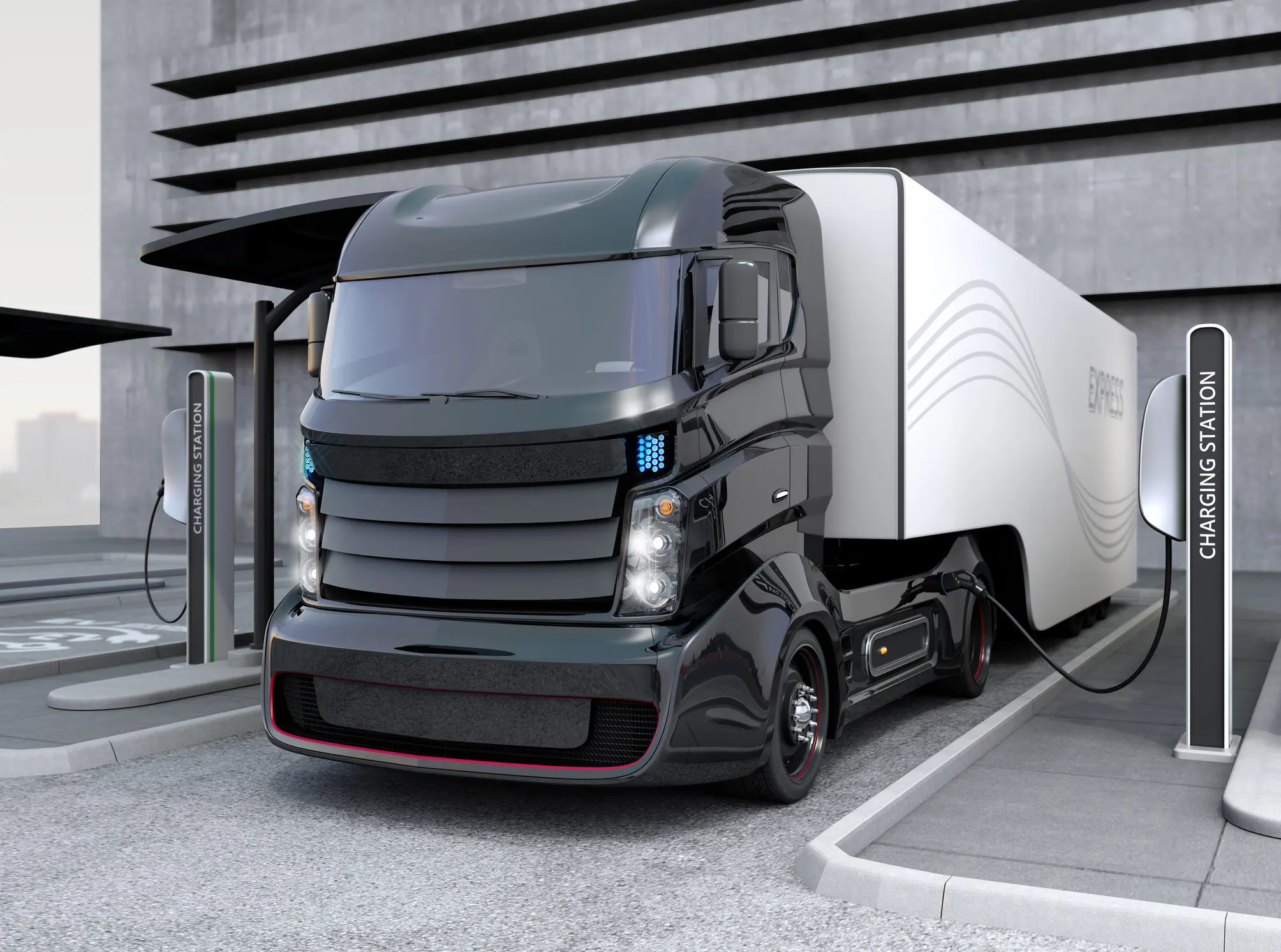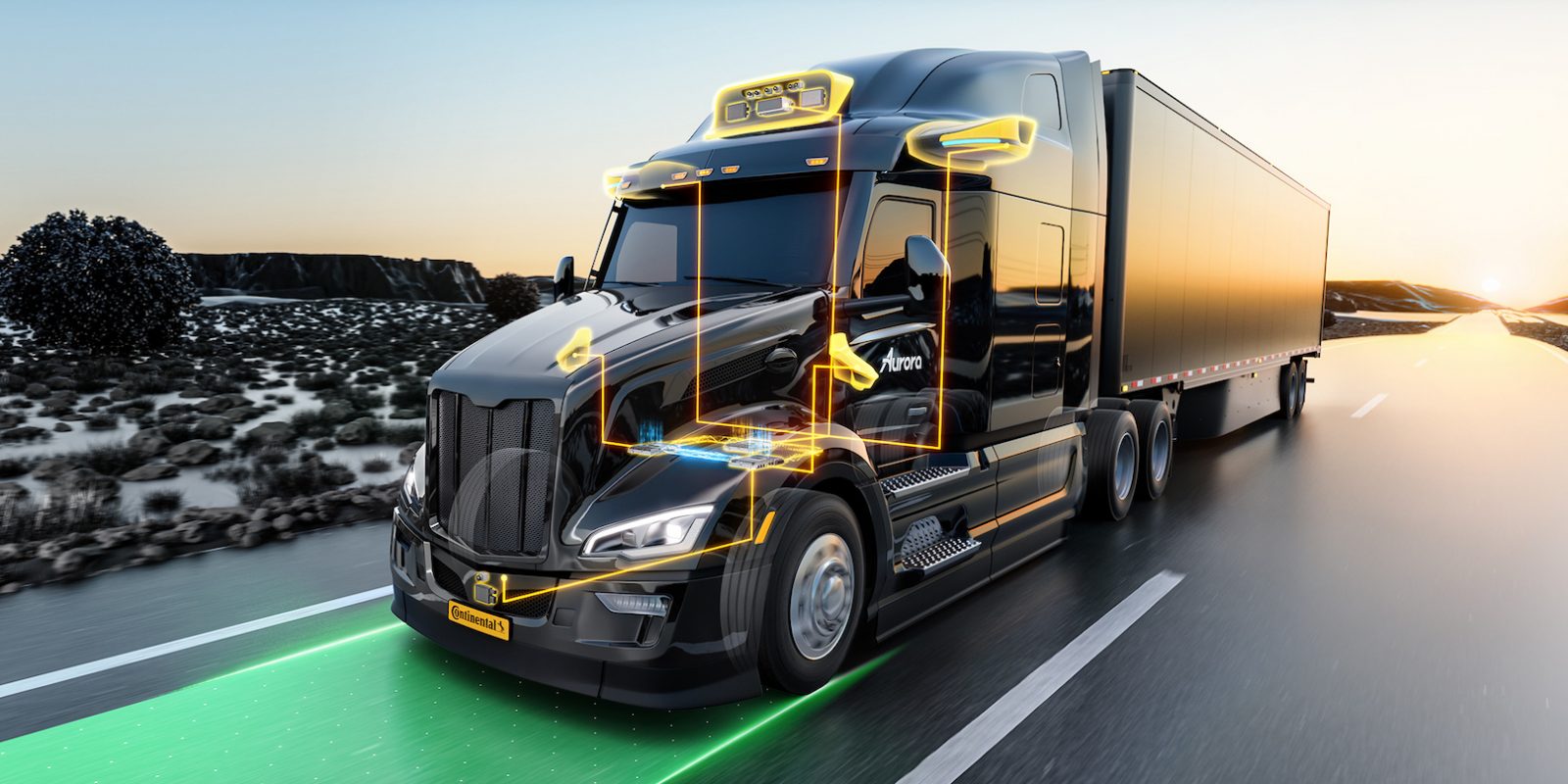The advent of self-driving cars and trucks is poised to revolutionize the transportation industry, promising increased efficiency, safety, and cost savings. However, this technological advancement also raises significant concerns about job losses in the trucking industry, a sector that employs millions of drivers worldwide.
As self-driving technology becomes more widespread, unions and workers are grappling with the potential impact on their livelihoods.
The Promise of Self-Driving Trucks
Self-driving trucks have the potential to transform the logistics and transportation industry. Equipped with advanced sensors, cameras, and artificial intelligence, these vehicles can go through roads, avoid obstacles, and optimize routes with minimal human intervention. Proponents argue that self-driving trucks can reduce accidents caused by human error, lower fuel consumption through more efficient driving, and cut operational costs by reducing the need for breaks and shifts.

Major companies like Tesla, Waymo, and Uber are investing heavily in autonomous trucking technology, conducting extensive testing and trials. These companies envision a future where fleets of self-driving trucks operate around the clock, delivering goods more efficiently and reliably than ever before.
Impact on Jobs
While the potential benefits of self-driving trucks are significant, the technology also threatens to disrupt the livelihoods of truck drivers. In the United States alone, the trucking industry employs over 3.5 million drivers, many of whom rely on these jobs to support their families. The transition to self-driving trucks could lead to widespread job losses, displacing a substantial portion of the workforce.
The impact of automation on employment is not limited to drivers. Support roles, such as mechanics, dispatchers, and truck stop workers, may also be affected as the industry adapts to new technology. The ripple effects of job losses could extend to entire communities that depend on the trucking industry for economic stability.
Also Read: Top 10 Gadgets to Keep Your Car Organized
Union Response
Unions representing truck drivers and other transportation workers are vocal about their concerns regarding self-driving technology. They argue that while technological progress is inevitable, it should not come at the expense of workers’ livelihoods. Unions are advocating for measures to protect jobs and ensure a fair transition for workers affected by automation.
One proposed solution is to implement policies that require a human co-driver in self-driving trucks, at least during the early stages of adoption. This approach would maintain some level of employment while allowing companies to gradually integrate autonomous technology. Additionally, unions are calling for retraining programs to help displaced workers transition to new roles within the industry or other sectors.
The Role of Government
Governments play a crucial role in shaping the future of the trucking industry and mitigating the impact of automation on jobs. Policymakers can support workers through legislation that promotes fair labor practices, job retraining programs, and social safety nets. Investing in education and skills development is essential to prepare the workforce for the evolving demands of the labor market.
Moreover, governments can encourage collaboration between industry stakeholders, including tech companies, unions, and employers, to develop strategies that balance technological innovation with the need to protect workers’ rights and livelihoods.

The rise of self-driving trucks presents a complex challenge for the trucking industry, unions, and workers. While the technology offers significant benefits in terms of efficiency and safety, it also threatens to displace millions of jobs.
To go through this transition, it is essential to strike a balance between embracing innovation and ensuring a fair and equitable future for workers. By fostering collaboration and implementing supportive policies, society can harness the potential of self-driving technology while protecting the livelihoods of those who depend on the trucking industry.
Also Read: The 2025 Nissan Z, A Classic Reborn with Modern Power

